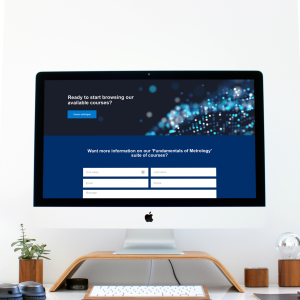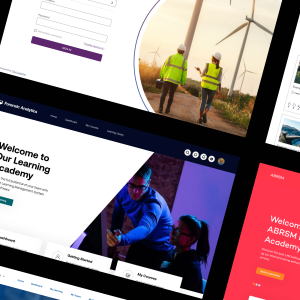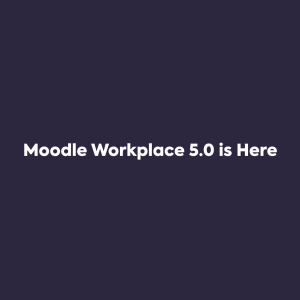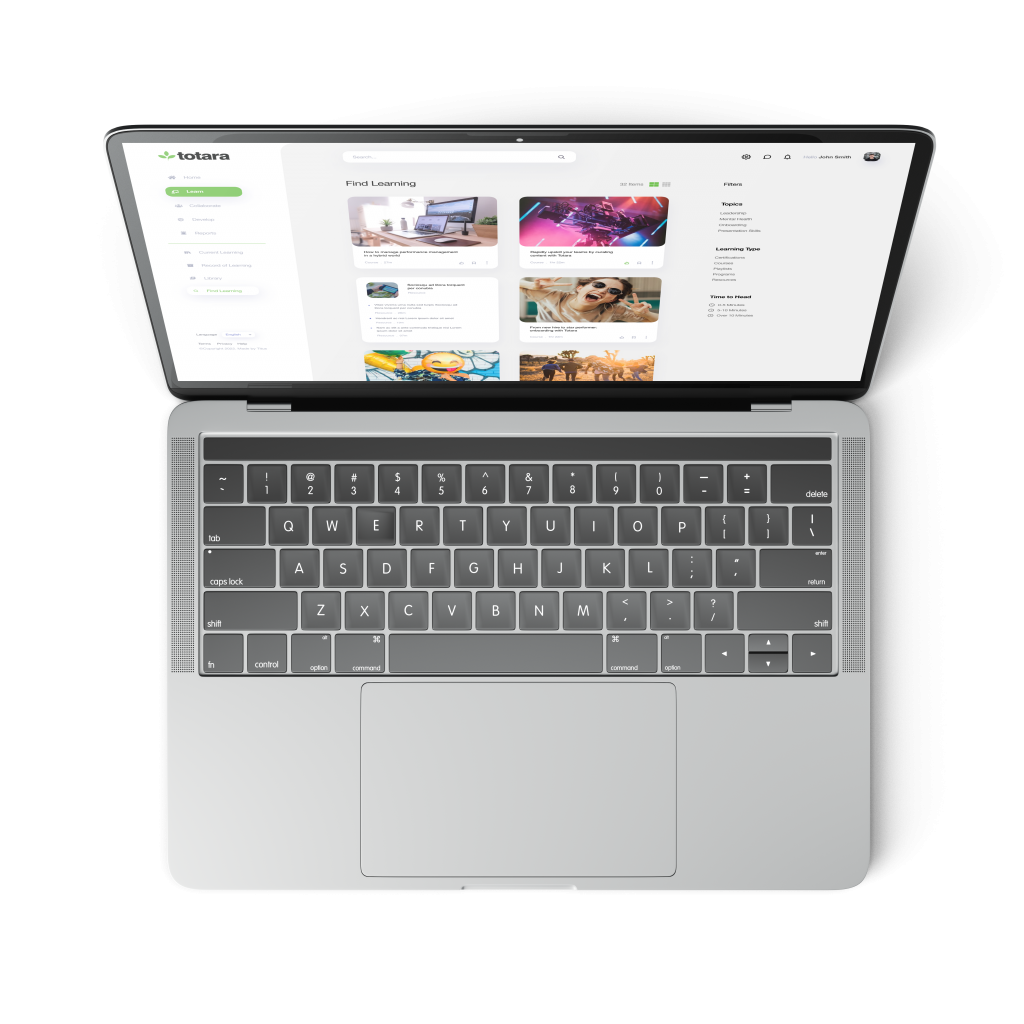As we start the New Year, we’re delighted to feature a guest post on Digital Intelligence by John Mikton, who blogs at Beyond Digital. With 20 years’ experience working in Education Technology and 10 years as a Senior Leadership Team member in International Schools, John is perfectly placed to comment on all things EdTech. John is currently the Director of eLearning at the Inter Community School Zurich and was previously the Director of ICT at the International School of Prague. John is an Apple Distinguished Educator and Google Education Trainer, Common Sense Digital Citizenship: Certified Educator and trainer at the Principal Training Center and AppsEvents.
Every year has its moments, and 2016 was no exception. Various significant shifts occurred, including changes in the political landscape in the United States, United Kingdom, and Turkey. And the horrors of war, civil strife, terrorism and an underlying global tension have been constantly fed into our digital lives from the comfort of our screens.
As we consume the aggregated algorithmic social network feeds, each customized to ensure we get what we want to digest, we are choreographed into a more divisive world.
Information is power. This year, the pollsters, news agencies, and pundits got caught out with two big votes, and so many predictions seemed off.

For many of us, this Orwellian curation has us struggling to distinguish fact from fiction. The level of sophistication of not only the algorithms but how these are manipulated to shift thinking is the new power. In schools, we are being told by various studies that our students capacity for media and information literacy is weak. (Students Have ‘Dismaying’ Inability To Tell Fake News From Real, Study Finds by Camila Domonoske ). When you consider we as adults struggle with this landscape, it is no surprise that our students struggle too.
In a world of algorithms where the sophisticated digital curation of social media, news, blogs, and video feeds can be manipulated to match an individual’s perspective, the challenges we face as educators are immense. This manipulation, shared in this sobering article “ Google, democracy and the truth about internet search by Carole Cadwalladr“, highlights the complexity of being truly media literate. The prevalence of third party curation in social media feeds during elections highlighted in this article “Macedonia’s fake news industry sets sights on Europe by: Andrew Byrne” emphasis the challenges we all face in understanding what is “real” news.
To be complacent is short-sighted in a school setting. There is a tendency with school professional development to not explicitly address the digital reality that engulfs our lives as an essential part of our professional learning. Information and Media literacy are what frame our own democratic values: choice, perspective, empathy, resilience, and critical thinking. If we as educators are going to assign students critical thinking tasks and ask them to engage with media and information while juggling screen time in a complex digital landscape, we cannot be passive bystanders.
As school leaders, we need to re-frame our engagement with the role of digital life in professional development. Together, we need to understand the complexity and impact of algorithmic information flows on our devices.
We also need dedicated spaces for this professional learning. We must learn how to mentor information flows, authenticate media, source perspectives, and understand the pedagogic impact of a curated news. We must approach this with patience and empathy, and allow everyone to build an understanding of the digital flows we live by, tapping into the talent of our librarians and digital coaches as guides. We must take advantage of the frameworks available to us (e.g: #1 or #2) and use them as a point of reference for a pedagogic consensus on how to mentor our school community.
The paradigm shift asks us to look at Digital Intelligence as a core intelligence. As defined by http://www.projectdq.org: “- the sum of social, emotional, and cognitive abilities essential to digital life.” and shared out in the World Economic Forum article: “8 digital life skills all children need – and a plan for teaching them”.
Digital Intelligence needs to be woven into the curriculum. We do this on a daily basis with all other aspects of the curriculum. Let us do it with Digital Intelligence. Re-structure the focus and content to explicitly encompass screen-time management, privacy management, cyber security management, digital footprints, and digital identity; use these to make authentic connections based on our experiences. Then, reflect on our digital habits, likes, tensions, questions and understandings to create activities to share. In this process, we should hope to find comfort in being honest with our own vulnerabilities. We can then use this life-learning to support our students’ understanding of digital intelligence.
Being explicit about implementing Digital Intelligence in faculty professional learning ensures this is an essential part of our educators professional growth. Working together, as adults learners, we need to harness the complexity of the choreographed digital world. By ensuring this is in our professional learning landscape, we are then empowered to share our digital intelligence to students. It is the only way to counter an Orwellian curation of information in a “post truth” world.






